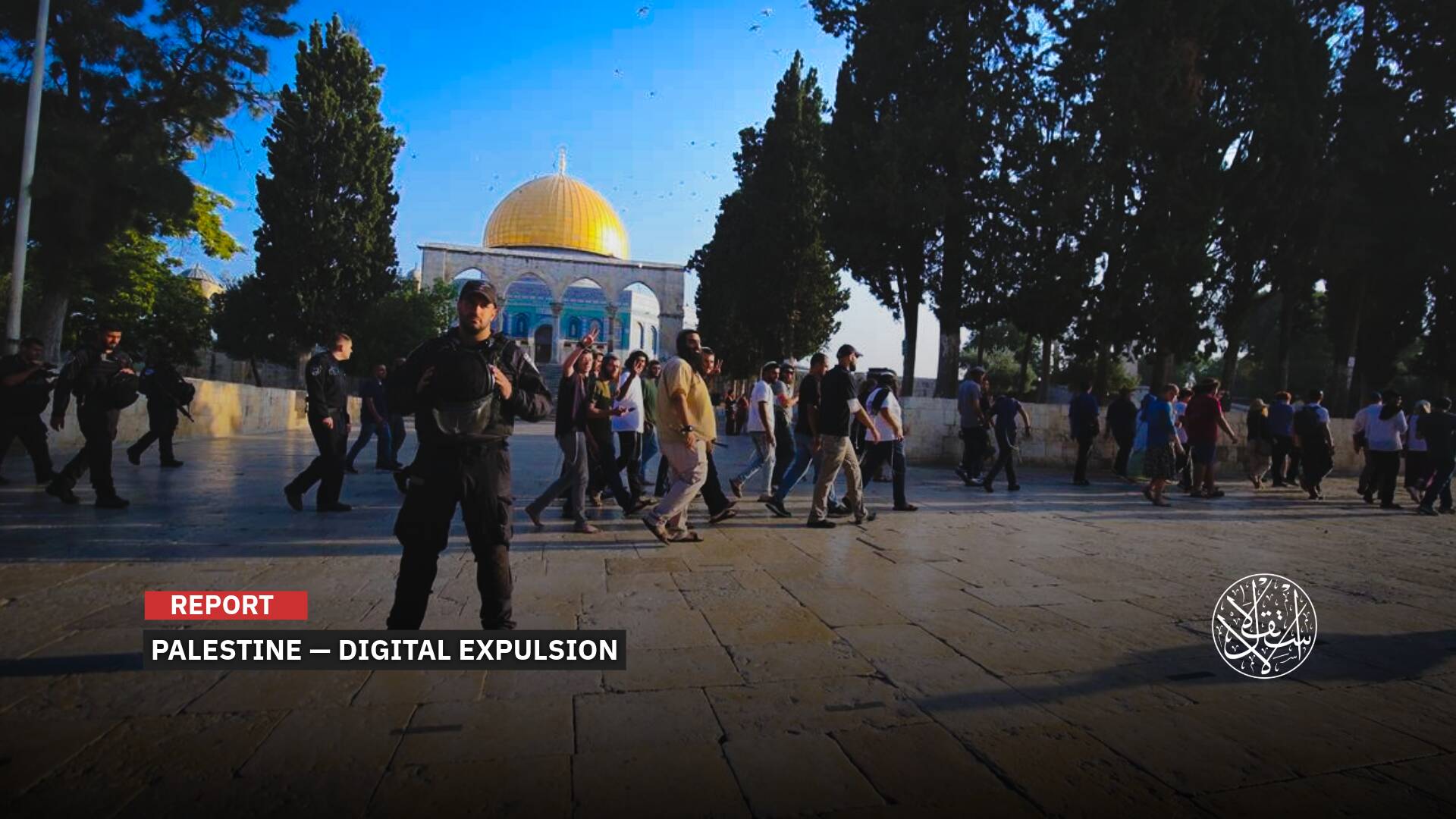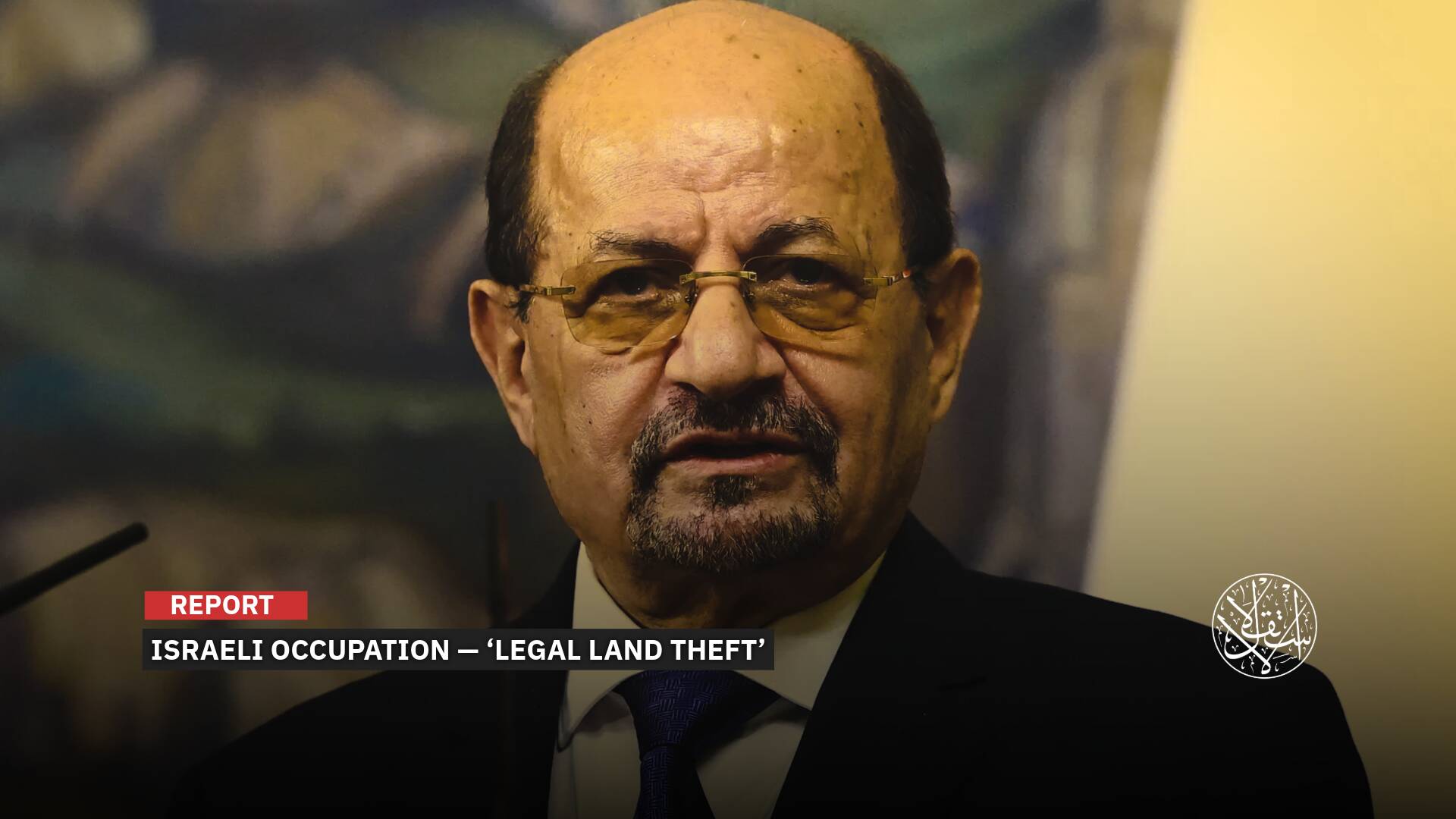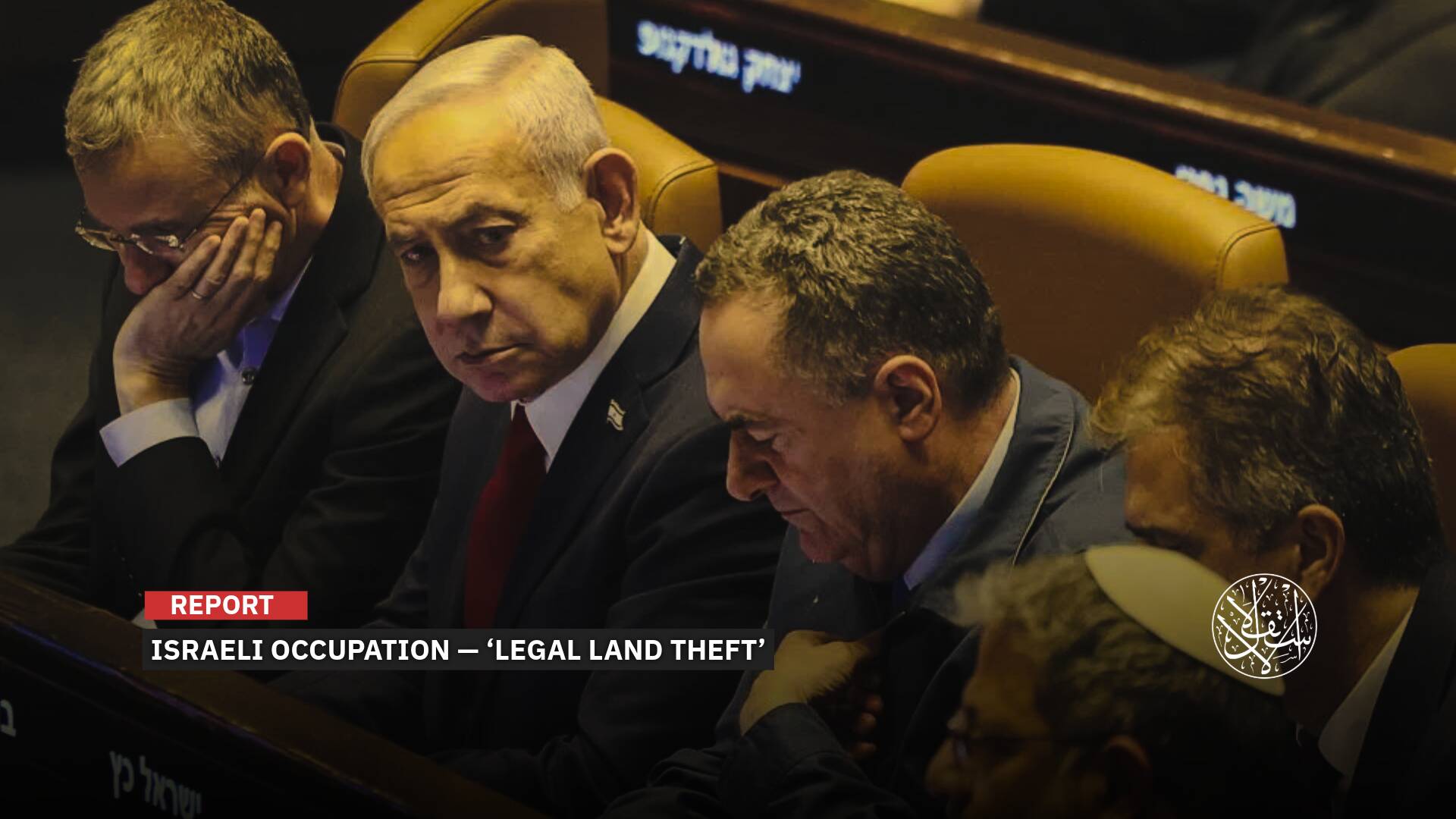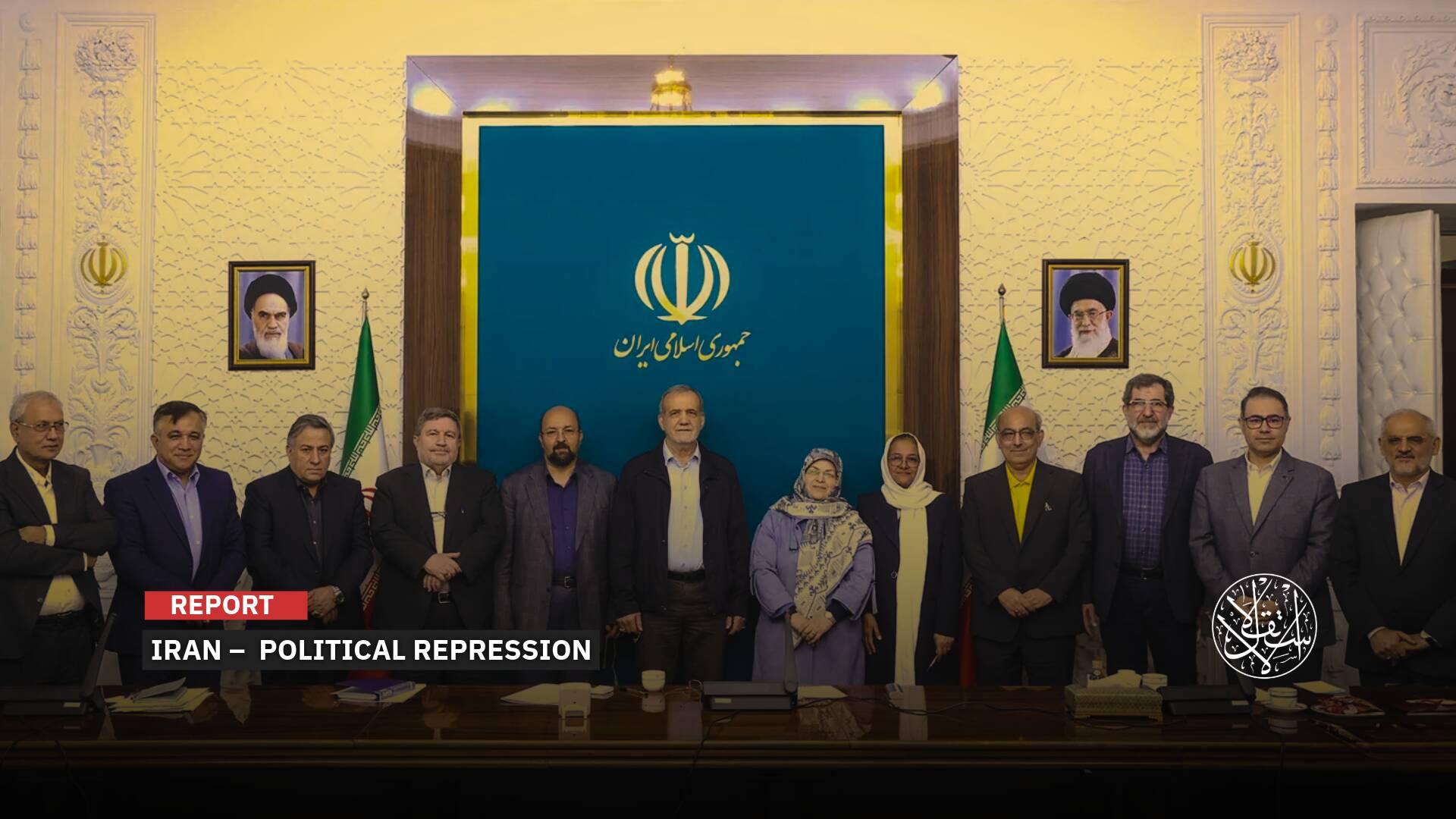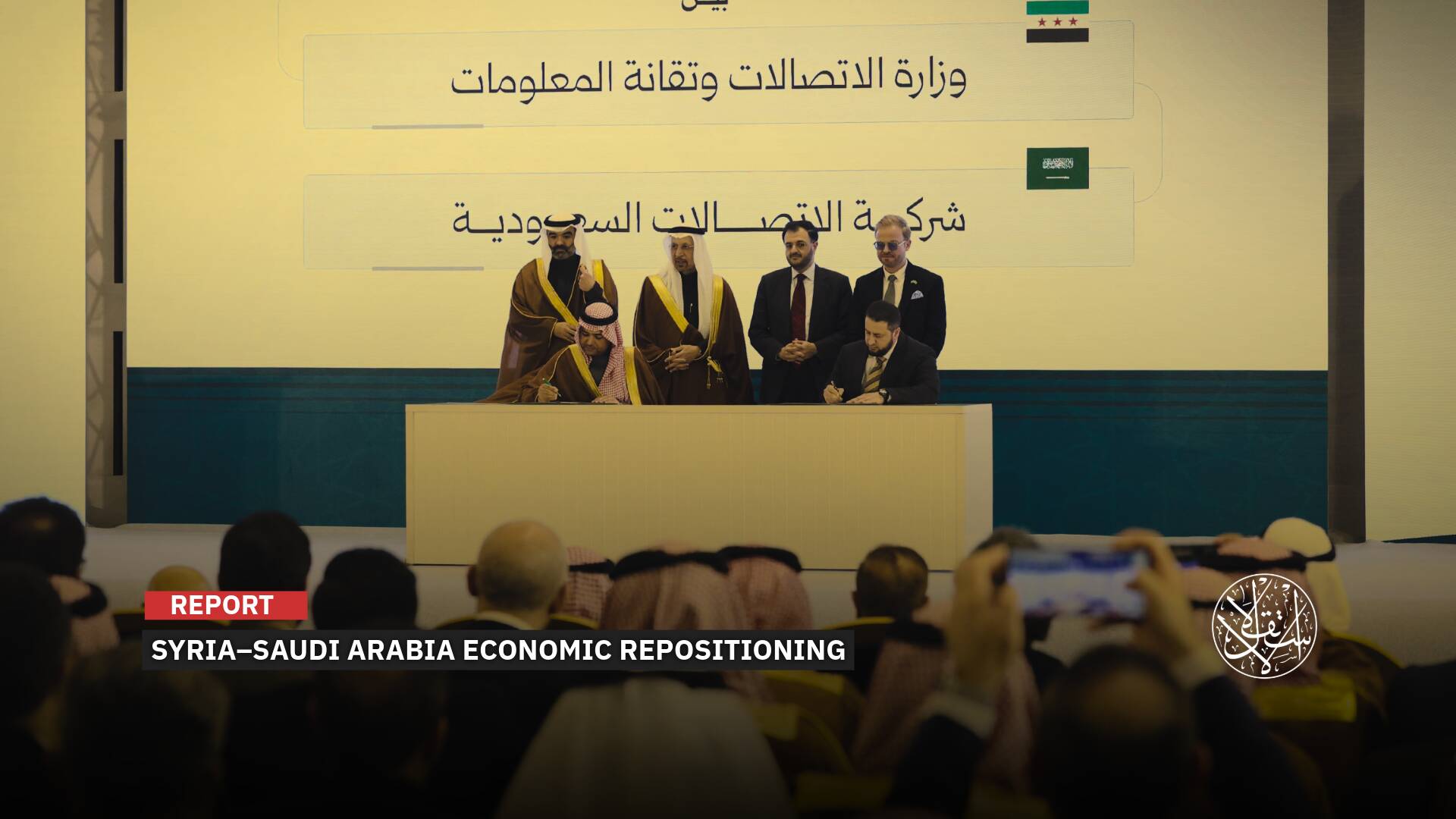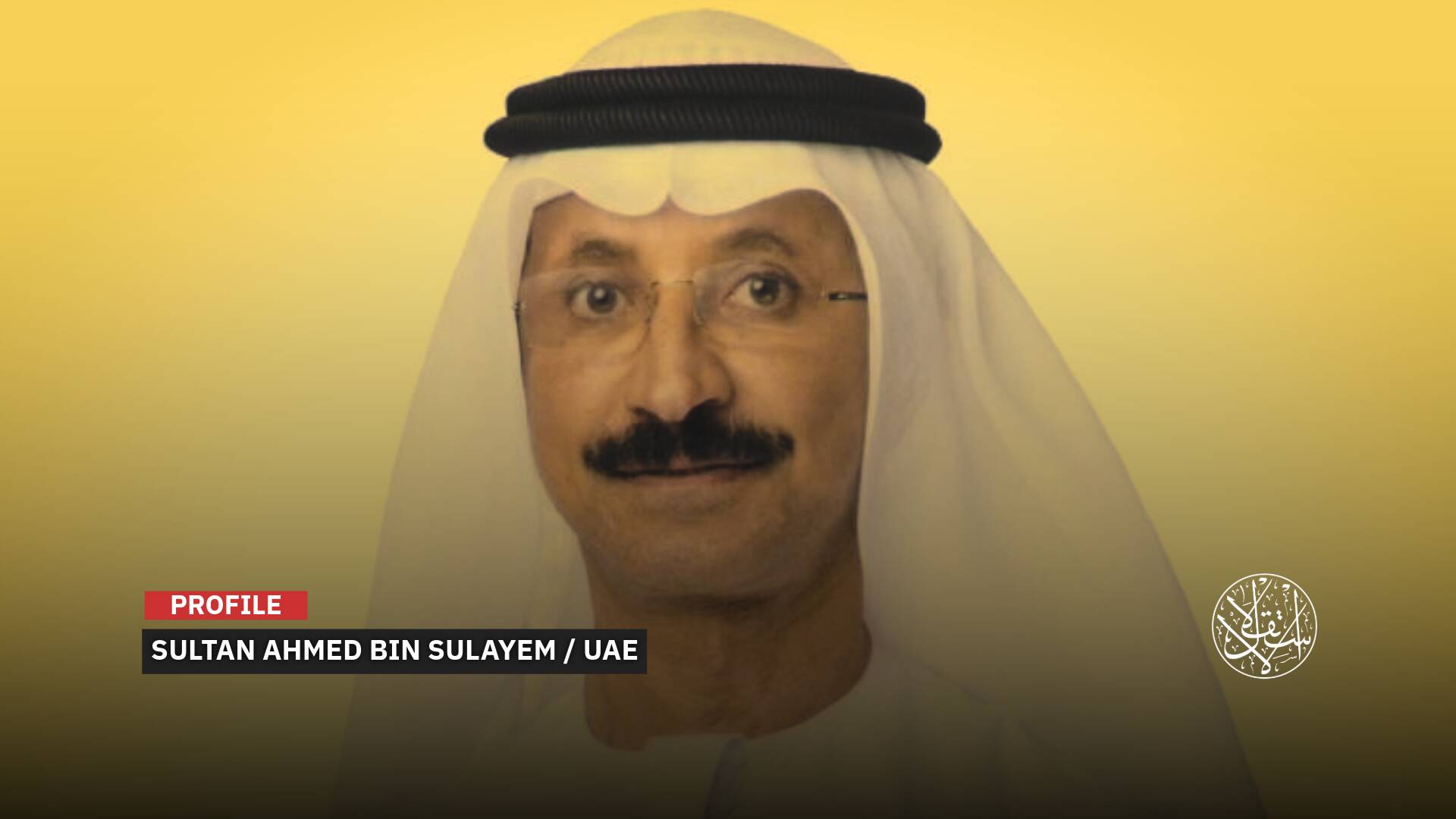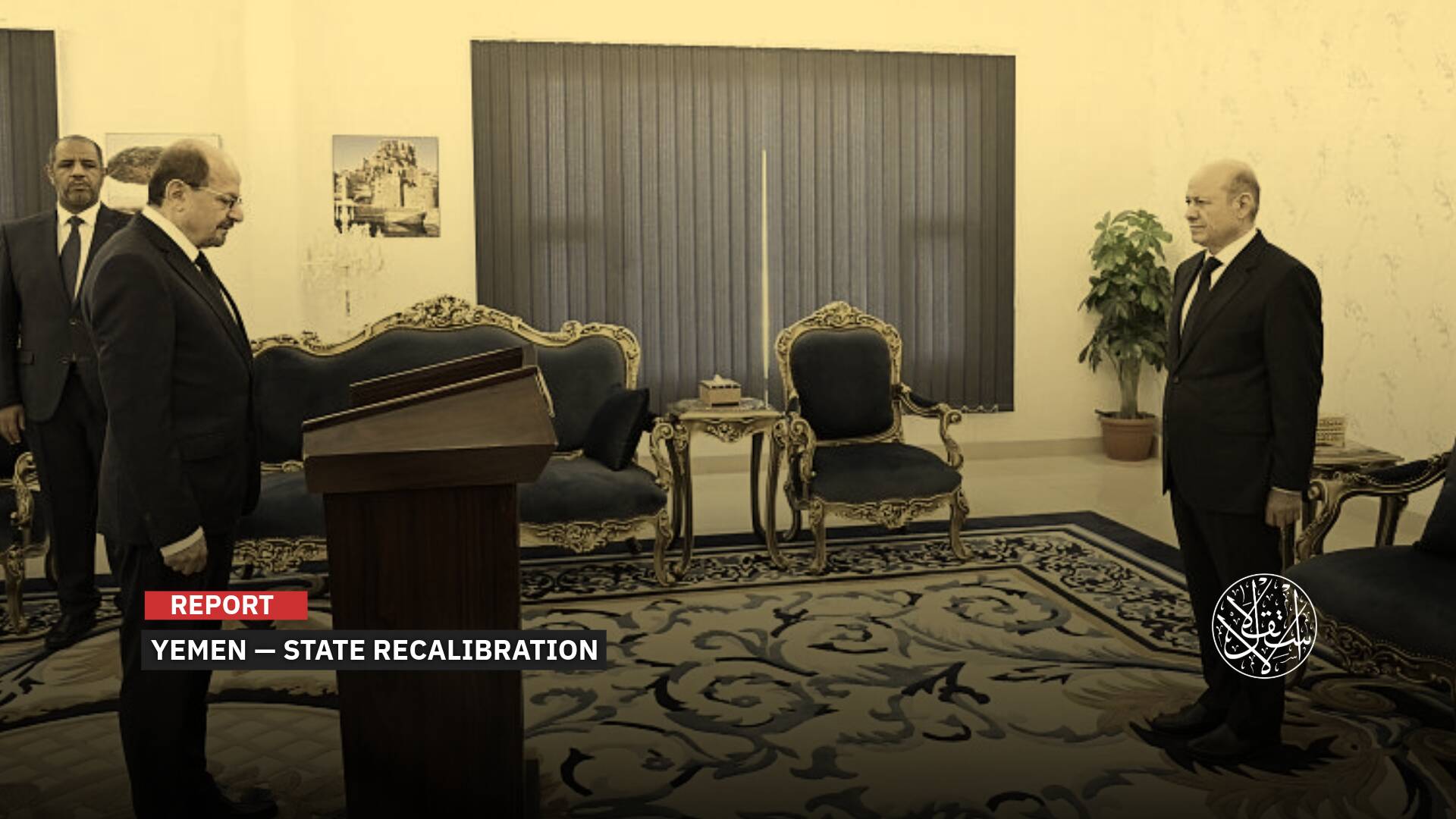How Trump's Immigrant Deportation Mechanism Put Him on a Collision Course with Latin American Countries

“Trump’s threats could inadvertently push Latin American nations into the arms of China.”
Days after his arrival at the White House and following several tough decisions and policies, several disagreements erupted between US President Donald Trump and Latin American leaders.
Among the most prominent recent actions of Trump were the deportation of immigrants by military planes, the imposition of customs tariffs, in addition to reclassifying Cuba as a state sponsor of terrorism, and also withdrawing from the Paris Climate Agreement, which sparked a state of anger among the presidents of Latin American countries.
According to Bloomberg, Trump's move shows how he sees customs tariffs as an economic weapon deployed against governments that may challenge his geopolitical goals, and it also sends a strong message to the world that even old political allies are not safe if they do not cooperate with him.
The mass deportation of immigrants is one of the most controversial actions taken by Trump, which has angered a number of countries in Latin America, especially Colombia, Brazil, Mexico, and Guatemala.
Trump launched the military deportation flights last week as part of his national emergency declaration on immigration, so far sending six plane loads of immigrants on flights to Latin America.
Trump had pledged during his election campaign to launch the largest deportation program in American history. The U.S. Department of Homeland Security estimates that there are about 11 million undocumented immigrants in the United States.
This week, the White House boasted about arresting hundreds of illegal immigrants who were criminals, noting that they were being deported on military aircraft, not civilian aircraft, unlike what had been happening previously.
The Pentagon said last week the US military would provide flights for the deportations of more than 5,000 immigrants held by US authorities in El Paso, Texas, and San Diego, California.
Trump’s Threats
Latin America is one of the regions most affected by US policies, especially under the administration of President Donald Trump, which is characterized by its sharp approaches to issues of immigration, trade, and regional relations.
Tensions are currently rising as Trump escalates his actions against some countries, raising widespread concern among governments in the region about the future of relations with the U.S., especially with his threats to use economic and military force.
Latin American leaders recently canceled a summit to discuss Trump’s crackdown on immigrants, as the region considers the risks of a public confrontation with the controversial US president.
Honduras called an urgent meeting of the Community of Latin American and Caribbean States (CELAC) to discuss immigration after a sharp disagreement between Trump and Colombian President Gustavo Petro over the weekend.
But Honduras was forced to cancel the meeting after no prominent regional leaders except Petro confirmed their attendance, claiming that the cancellation was due to Colombia’s declaration that the impasse had been resolved.
The Colombian president had initially refused to receive two US military planes carrying deported immigrants, prompting Trump to threaten to impose a 25% tariff on Colombian exports, in addition to visa and other sanctions.
On January 28, Colombia reversed its position, announcing that it would accept the immigrants, but on Colombian military flights to ensure they were treated with dignity, Petro said, putting the tariffs on Colombia on hold for now.
The White House hailed the agreement with Colombia as a victory for Trump’s hardline immigration strategy.
In her statement, press secretary Karoline Leavitt wrote: “Today’s events make clear to the world that America is respected again.”
Like many Latin American countries, Colombia had agreed to accept flights to repatriate undocumented refugees arrested in the United States on a regular basis throughout former President Joe Biden’s presidency, including 124 flights last year alone.
But the humiliating treatment of the Colombians recently deported on US military planes, and the shackling of their hands and feet, seems to have angered Colombian President Petro, who has limited his demands to better treatment for his deported citizens.
It is noteworthy that Colombia, which is historically the closest ally of the U.S. in Latin America, relies heavily on the US market for its exports of oil, gold, coffee, and flowers, but has little influence over Washington.
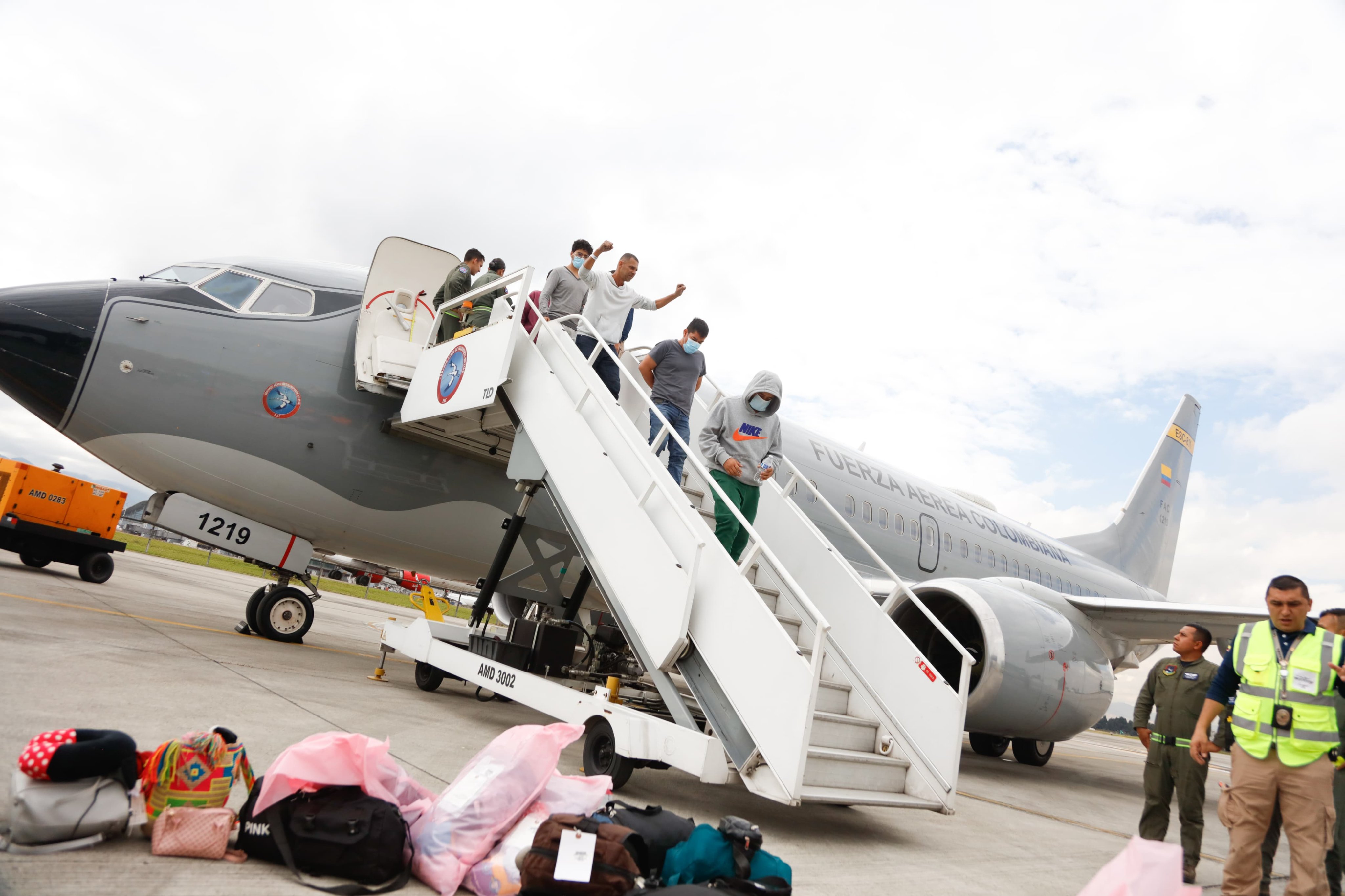
Pragmatic Approach
The US President's policies towards Latin American countries have sparked widespread controversy and mixed reactions among those countries, and have created major diplomatic and economic challenges.
Latin American countries have responded to Trump’s policies in varying degrees, with some countries preferring to cooperate with Washington, while others, such as Cuba and Venezuela, have refused to comply, prompting them to strengthen regional cooperation and diversify their economic partnerships with powers such as China, Russia, and the EU.
Trump’s policies, which are unilateral and use economic sanctions as a tool of pressure, raise concerns about reviving the Monroe Doctrine and turning Latin America into a backyard for the U.S.
These policies may lead to strengthening the political and economic independence of some countries in the region from American influence, while the challenges these policies impose on bilateral and regional relations continue.
Mexico, for example, has taken a cautious approach to dealing with the Trump administration, led by President Claudia Sheinbaum, avoiding direct confrontation.
She was also pragmatic in defending Mexicans as the backbone of the American economy, while simultaneously working to curb illegal immigration and drug trafficking.
In Brazil, leftist President Luiz Inacio Lula da Silva has remained silent about the treatment of a group of migrants who arrived in his country by plane in handcuffs.
The Brazilian government summoned the US charge d’affaires, Gabriel Escobar, to explain the humiliating treatment of Brazilian immigrants during their deportation from the U.S. to their country last week, but has not set any conditions for accepting further deportation flights.
Honduras threatened to expel a U.S. Air Force base on January 3 if the U.S. carried on with its deportation plans. By January 27, Honduras folded, saying that it would accept military deportation flights but requesting that deportees not be shackled.
Guatemala is trying to draw the line at taking in only fellow Central Americans.
Last week, El Salvador President Nayib Bukele agreed in principle with Trump to accept his citizens deported from the United States, as well as members of the originally Venezuelan Tren de Aragua gang.

Alternative Partners
When new US Secretary of State Marco Rubio arrives in Latin America next week on his first foreign trip, he will find a region struggling with the Trump administration’s shock-and-awe diplomacy.
His first stop will be Panama City, where the Trump administration wants to refocus its Latin America policy to counter China’s growing influence in the region and curb immigration.
Rubio, the first Latino secretary of state, said the State Department would be instrumental in helping Trump achieve his policy of curbing mass migration during the rest of his tour, which includes El Salvador, Costa Rica, Guatemala, and the Dominican Republic.
Central American countries, such as El Salvador, Guatemala and Honduras, have strongly opposed Trump’s tough policies, especially on immigration and border wall construction, as these policies could destabilize economic relations between these countries and Washington.
Observers believe that Rubio, known for his tough rhetoric against the governments of Cuba, Venezuela, and Nicaragua, is likely to push for increased sanctions against these countries, while these measures could lead to an escalation of immigration from these countries.
Trump’s willingness to wage a trade war with countries in Latin America may also encourage other economies in the region to speed up their search for alternative trade partners.
The ‘Latin America is stronger together’ slogan often quoted by political leaders in the region may now actually materialize, thanks to Trump.
Latin American countries are looking further afield, too. The EU concluded a trade deal with Argentina, Brazil, Uruguay, Paraguay, and Bolivia in December 2024, ending 25 years of stop-start negotiations.

Eventually, more Latin American countries may seek to join the BRICS group of emerging economies, which has repeatedly angered Trump for eroding into US power and influence.
Bolivia and Cuba, along with seven other countries, were announced as partner states to Brics in late 2024, and more countries are likely to follow. Although not officially part of the bloc, these partner states will get support from its members.
Worse still, Trump’s threats could inadvertently push Latin American nations into the arms of China.
In a related context, China has significantly expanded its trade and investment in Latin America this century, diplomats and analysts said, noting that Beijing is likely to view Trump’s unexpected moves as an ideal opportunity to present itself as a more reliable partner.



